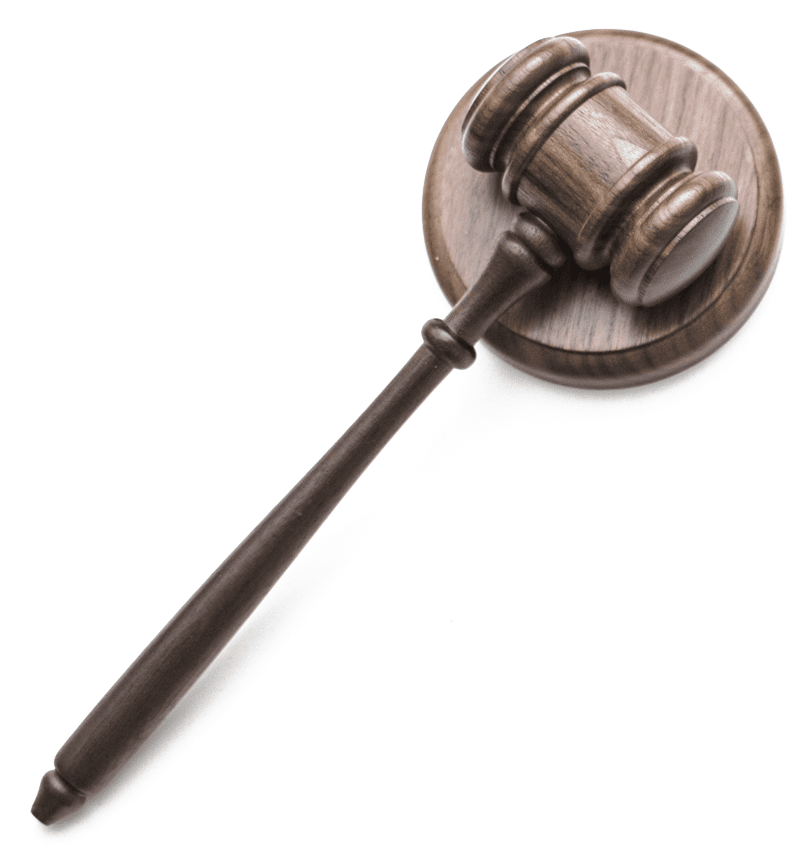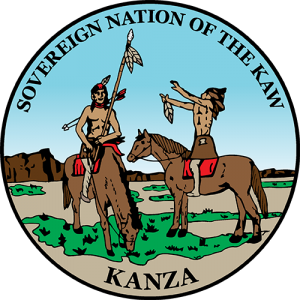Judicial Branch
Kaw Nation District Court

Overview
Kaw Nation is a federally-recognized Indian tribe, organized pursuant to the Oklahoma Indian Welfare Act of 1936, ch. 831, 49 Stat. 1967, codified in 25 U.S.C. 501 er seq., and operating under a constitution adopted by the Nation and approved by Interior on Aug. 4, 1990. Under the new Ratified Constitution – August, 2011, the Tribe has two legislative bodies: a seven-member Tribal Council and a General Council composed of all adult tribal members. The Tribal Council is empowered to act by majority vote. The constitution also provides for a judicial branch, composed of a Supreme Court consisting of three justices, and such inferior courts as may be established by tribal law. The constitution provides that justices of the Kaw Supreme Court and judges of the inferior courts are selected by the Tribal Council and confirmed by the General Council. At the time the Tribe’s constitution was approved, the Kaw Nation did not have an operating court system, and judicial power was then vested in the Interior Department, Bureau of Indian Affairs (BIA) Court of Indian Offenses. The Kaw Nation’s court system was established in 1991. On April 9, 1992, the Kaw Nation Tribal District and Supreme Courts had a Court dedication, blessing and swearing in of Chief Justice, District Court Judges and Supreme Court Justices.
The Kaw Nation Court System is located inside the tribal headquarters at 698 Grandview Drive, Kaw City, Okla. Business hours are from 8 a.m. to 4 p.m. Monday through Friday.
Article VIII: Judiciary
Section 1. Establishment & Authority
The judicial power of the Kaw Nation shall be vested in one Supreme Court consisting of three (3) Justices and such inferior courts as may be established by tribal law.
Section 2. Jurisdiction
The Courts of the Kaw Nation shall be courts of general jurisdiction and shall further have jurisdiction in all cases arising under the Constitution, laws, and treaties of the Kaw Nation. The Supreme Court shall have original jurisdiction in such cases as may be provided by law, and shall have appellate jurisdiction in all other cases.
Section 3. Qualifications
All Justices, Judges, and Magistrates shall be members in good standing of the bar of the Supreme Court of the United States, or of any United States Court of Appeals, or of any District Court of the United States, or members in good standing of the bar of the highest court of any state of the United States and need not be a citizen of the Kaw Nation.
Section 4. Selection of Judicial Officers
A. The Justices of the Supreme Court and Judges of inferior courts shall be selected by the Tribal Council and confirmed individually by the General Council. Magistrates of inferior courts shall be appointed by the Tribal Council and confirmed individually by the General Council for a term of two (2) years, and shall undertake such judicial functions as the Supreme Court may by rule provide.
B. Justices and Judges may be appointed by the Supreme Court to hear a specific case in which the regular Justices or Judges are otherwise disqualified under rules established by the Supreme Court.
C. All regular appointments shall occur in odd numbered years. A vacancy in a judicial office shall be filled in the same manner as a regular appointment with the replacement to serve the balance of the term of the vacated officer. Any Justice or Judge in office at ratification of this Constitution whose term ends in an even year shall have his or her term extended by one (1) year to meet this requirement. All future Justices or Judges shall serve in accordance with Section 5 of this article.
Section 5. Term of Office
The Justices and Judges of the Kaw Nation shall serve four (4) year terms beginning at the date of their confirmation in office and until their successor shall be duly confirmed and installed. At the expiration of his or her term of office, each Justice or Judge shall, at his or her option, be considered by the General Council for reconfirmation to a new term of office.
Section 6. Removal
Justices, Judges, and Magistrates of the Kaw Nation may be removed from office only by a majority of the other active Justices and Judges sitting together upon a showing of habitual neglect of the duties of office, oppression in office for personal gain or advantage, or conviction of, or plea of guilty or nolo contendere to, a felony or other crime involving moral turpitude. In no case may a judicial officer be removed from office because of his or her decision or vote in any case before the court.
Section 7. Judicial Review
The courts are hereby specifically authorized to review, in any case properly before them, the actions of the General Council, Tribal Council, or any officers, agents, or employees of the government of the Kaw Nation to determine whether those actions are prohibited by Federal law, this Constitution, or the laws of the Kaw Nation. If the action complained of is outside the authority of the entity that acted, or if proper authority is being exercised in a prohibited manner, the court may enter an injunction or other equitable relief or declare the action unconstitutional, illegal or void as justice may require.
